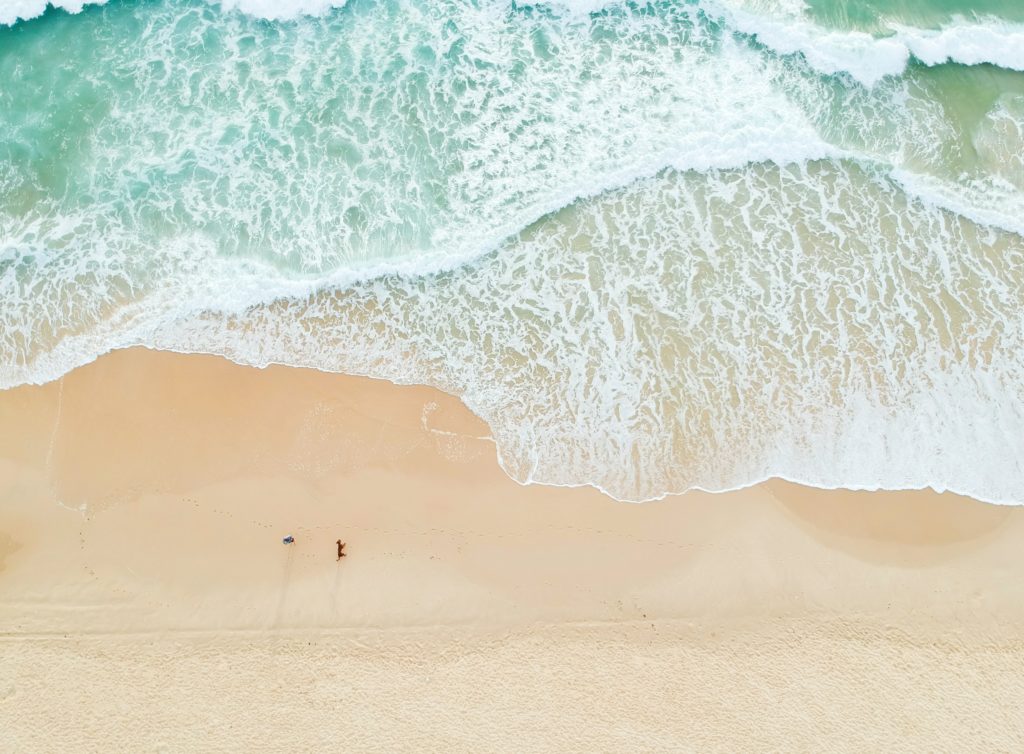Eastern Cape Premier Oscar Mabuyane has made a bold call amid South Africa’s second wave of infections. The Premier, with support of mayors of the province’s coastal towns, has written to the National Command Council to close all beaches in the province.
As part of a plan to curb the rate of infection, the provincial government have put together a safety plan, which includes the banning of post initiation school celebrations and the closing of beaches and recreational parks for December.
The premier’s spokesperson Mvusiwekhaya Sicwetsha explains: “We have put together a safety plan for the festive season, and through this plan, have identified beaches and recreational parks as those pressure points for us.”
“We realised and identified that having activities in these places (beaches and recreational parks) poses huge risks as they are not controlled and [have the potential] to become superspreaders.”
This decision has drawn criticism from the Democratic Alliance, who argue that closing beaches during the festive season will “bury the tourism, travel and accommodation sectors near beaches”.
“Instead of draconianly closing beaches, government should rather ensure that open-air areas, such as beaches are kept open and that protocols such as social distancing are followed. Science shows that the spread of the virus is dramatically reduced in outdoor environments, such as beaches,” Manny De Freitas MP, DA Shadow Minister of Tourism said in a statement.
Changes in the Nelson Mandela Bay District include:
– A curfew from 10pm – 4am effective from December 4
– Alcohol sales only permitted from Monday – Thursday, from 10am – 6pm
– For indoor gatherings, the maximum occupancy has been reduced from 250 to 100 people – and the 50% capacity rule applies
– Drinking alcohol on beaches and in parks has been forbidden
– No ‘after-tears’ parties will be allowed.
Since then, infections in the province have continued to rise, and now Nelson Mandela Bay, Buffalo City, and the Sarah Baartman Municipality have some of the highest transmission rates in the country.
The Eastern Cape has 16 287 are active cases as of Sunday [December 13]. This equals 17,3% of the country’s total confirmed cases.

Picture: Pexels

